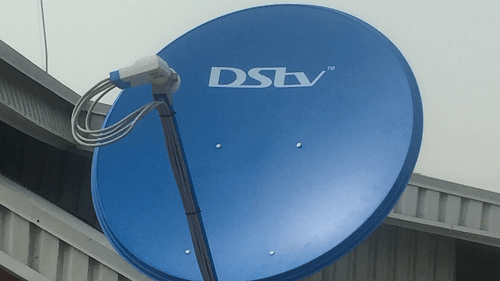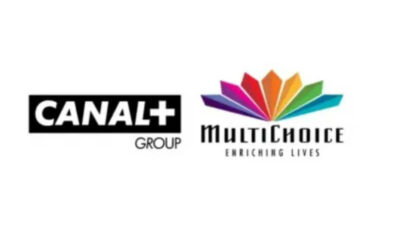Business
Why So Many South Africans Are Ditching DStv

Streaming wars, tough times, and shifting habits are reshaping South Africa’s entertainment scene
DStv, once the undisputed king of the couch in South Africa, is losing its grip. In just the past year, Multichoice has seen nearly 1.2 million subscribers vanish from its books and almost half of those losses came from right here at home.
The numbers don’t lie. According to Multichoice’s latest results for the year ending 31 March 2025, its South African subscriber base dropped by 589,000, bringing the total to 7 million. Across Africa, the situation looks just as grim, with 591,000 users exiting in other markets.
But there’s more to this story than just a spreadsheet full of red arrows.
The Great Unplugging: Why Households Are Saying Goodbye to DStv
Rising costs, relentless load-shedding, and a tidal wave of cheaper streaming services have turned watching DStv into a luxury many can’t afford or no longer want.
Social media is abuzz with frustrated former subscribers. One X user posted, “R900 a month to watch repeats? No thanks. I’ll Netflix and chill for R199.” Another added, “If I want ads, I’ll watch YouTube. DStv Premium is a joke now.”
Even the Premium package, once DStv’s crown jewel, is bleeding. Around 100,000 subscribers dropped the top-tier or Compact Plus bundles over the year. Mid-market options like Compact and Commercial lost another 100,000. But the biggest blow came from the mass market segment Family, Access, and EasyView packages—where over 400,000 people pulled the plug.
That’s a clear signal: budget-conscious households are rethinking where their money goes, and DStv’s offerings are starting to feel more like a burden than a benefit.
Fewer Customers, But They’re Paying More
Here’s where it gets a bit confusing. Despite losing subscribers, Multichoice managed to squeeze more money out of the ones who stayed at least in South Africa.
The average revenue per user (ARPU) locally climbed from R281 in 2024 to R292 in 2025. How? Mainly through a 5.7% price hike. That’s not exactly cause for celebration when it’s paired with mass cancellations.
Compare that to the Rest of Africa, where ARPU nosedived by 14%, a reflection of intense pricing pressures and currency woes.
Using a stricter metric called “90-day active subscribers,” which filters for real usage, the story gets worse. South Africa lost 614,000 active users, and the continent-wide drop was 2.3 million. That’s an 11% year-on-year decline.
Multichoice’s Counterattack: Discounts, Deals, and a Dash of Hope
To stem the bleeding, Multichoice tried some clever moves. They reinstated a second concurrent stream for free, slashed the DStv ADD Movies package from R79 to R49, and leaned on partnerships with Capitec, MTN, and PEP to keep the brand visible and accessible.
They also say the subscriber decline is slowing down. Maybe. But the real test will be whether these tweaks can convince a generation used to on-demand content to stay subscribed to a satellite TV model that’s starting to feel outdated.
The Bigger Picture: Is This the Beginning of the End for DStv?
The writing’s been on the wall for a while. From a high of 9 million South African subscribers in 2022, DStv has now slipped to 7 million. The Premium segment alone has shrunk nearly in half since 2019—from 1.6 million to just 900,000.
That slow fade-out isn’t just about money. It’s cultural. Young South Africans aren’t building their entertainment habits around DStv anymore. They’re streaming on phones, watching TikTok clips, and bingeing Netflix, Showmax, or even free YouTube channels. The way we watch has fundamentally changed.
Adapt or Disappear
Multichoice knows this. That’s why it’s shifting focus toward interactive entertainment, fintech, and insurance—trying to build a future beyond the satellite dish.
Still, nostalgia dies hard. For many, DStv once meant Kaizer Chiefs on SuperSport, Sunday night movies, and a familiar TV guide. But now, that guide is gathering dust, and South Africans are choosing flexibility over tradition.
Unless DStv makes deeper, more meaningful changes beyond just pricing tweaks it may find itself remembered more for what it used to be than what it’s becoming.
{Source: BusinessTech}
Follow Joburg ETC on Facebook, Twitter , TikTok and Instagram
For more News in Johannesburg, visit joburgetc.com



























